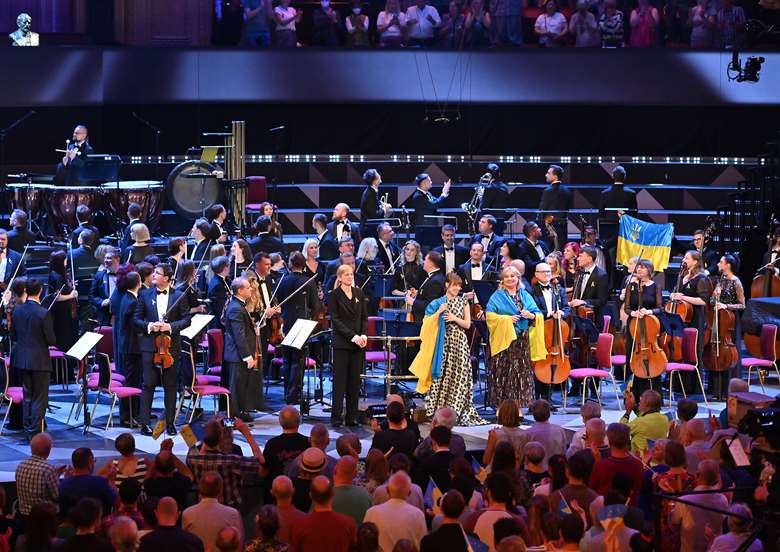Simon Mundy's week at the Proms
Simon Mundy
Friday, August 19, 2022
Simon Mundy takes us behind the scenes at the BBC Proms, with a look at the rehearsals, broadcasting and stars which make this year's festival


Register now to continue reading
Don’t miss out on our dedicated coverage of the classical music world. Register today to enjoy the following benefits:
- Unlimited access to news pages
- Free weekly email newsletter
- Free access to two subscriber-only articles per month



